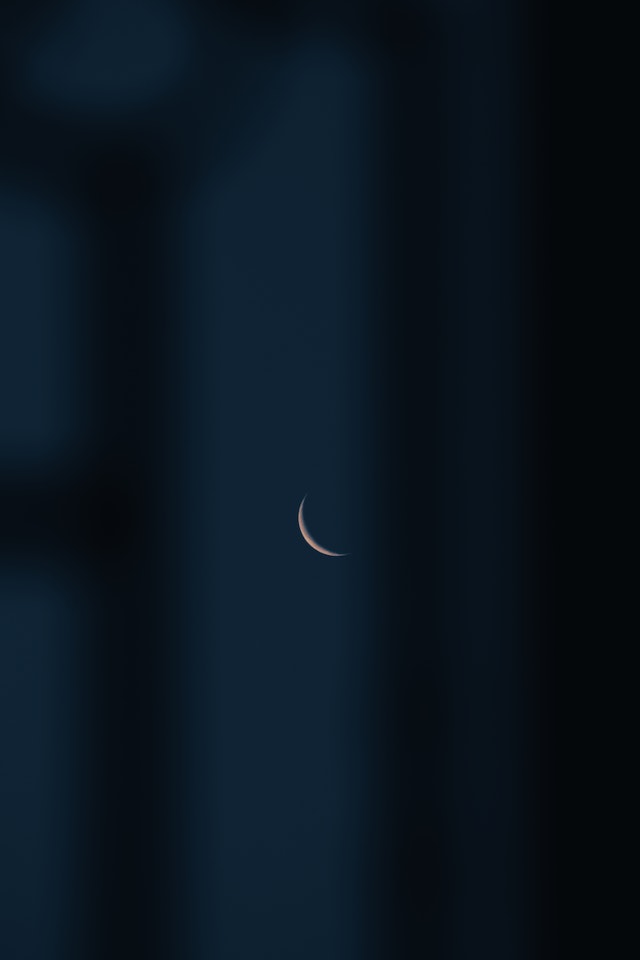In a bid to reaffirm its position as a prominent player in space exploration, Russia is embarking on an ambitious mission to return to the Moon, signaling its next significant step in unraveling the mysteries of the cosmos.
The Russian Space Agency, Roscosmos, is charting a path to lunar exploration with a comprehensive plan that encompasses both scientific inquiry and potential future human missions. This renewed lunar focus is poised to reshape Russia’s space program and contribute to the global pursuit of knowledge beyond Earth’s boundaries.
Building upon past achievements, Russia’s upcoming lunar mission aims to take significant strides in understanding the Moon’s composition, geological history, and potential for supporting human presence. Through a combination of cutting-edge technology, international collaboration, and meticulous planning, Russia seeks to unlock the Moon’s secrets and pave the way for future exploration.
The centerpiece of Russia’s lunar aspirations is the Luna-26 mission, scheduled for launch in August. Luna-26 is designed to conduct an in-depth study of the Moon’s uncharted regions, with a particular emphasis on the lunar south pole. This region has garnered significant scientific interest due to its potential reserves of water ice, which could serve as a valuable resource for future human missions and even sustained lunar habitats.
To accomplish its scientific objectives, Luna-26 will be equipped with advanced instruments and tools. These include high-resolution cameras, spectrometers, and ground-penetrating radars, enabling scientists to analyze the lunar surface, study its geological features, and investigate the presence of water ice in unprecedented detail. By leveraging state-of-the-art technology, Russia aims to contribute vital data that will expand our understanding of the Moon’s formation, evolution, and potential for supporting life.
International collaboration remains a cornerstone of Russia’s space program, as Roscosmos actively engages with partner agencies such as NASA, ESA, and JAXA. By fostering cooperation, sharing resources, and exchanging knowledge, these collaborations amplify the scientific impact of lunar exploration and strengthen bonds among nations. The collective pursuit of space exploration exemplifies humanity’s shared quest for discovery, transcending geopolitical boundaries and fostering a spirit of cooperation.
Returning to the Moon is not without its challenges. Russia’s commitment to ensuring mission success entails meticulous planning, rigorous safety measures, and the continued development of advanced technologies. These efforts are essential to overcome the complexities and risks inherent in space exploration and maintain the safety and well-being of astronauts and equipment.
Russia’s renewed focus on lunar exploration holds great promise, but it also raises questions about the geopolitical implications of its space ambitions. As nations race to assert their presence beyond Earth, open communication, transparency, and adherence to international norms are paramount. By upholding principles of peace, cooperation, and responsible exploration, Russia can contribute to a global framework that fosters collaboration and minimizes potential tensions.
Russia’s next step in returning to the Moon reflects the indomitable human spirit of exploration and our relentless pursuit of knowledge. It signifies a leap forward in our understanding of the cosmos and our place within it. As the launch of Luna-26 draws near, the world watches with anticipation, ready to witness Russia’s contribution to humanity’s ongoing quest to unlock the secrets of the universe.
In the grand tapestry of space exploration, Russia’s lunar endeavors serve as a testament to the boundless human curiosity and the collective endeavor to push the frontiers of knowledge. With each step towards the Moon, Russia propels us further into the cosmos, inspiring future generations to dream, explore, and expand the horizons of human possibility.




